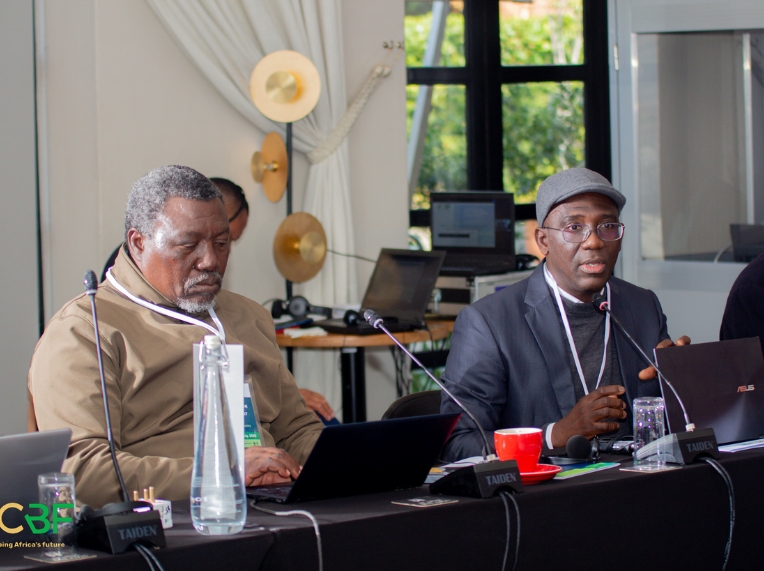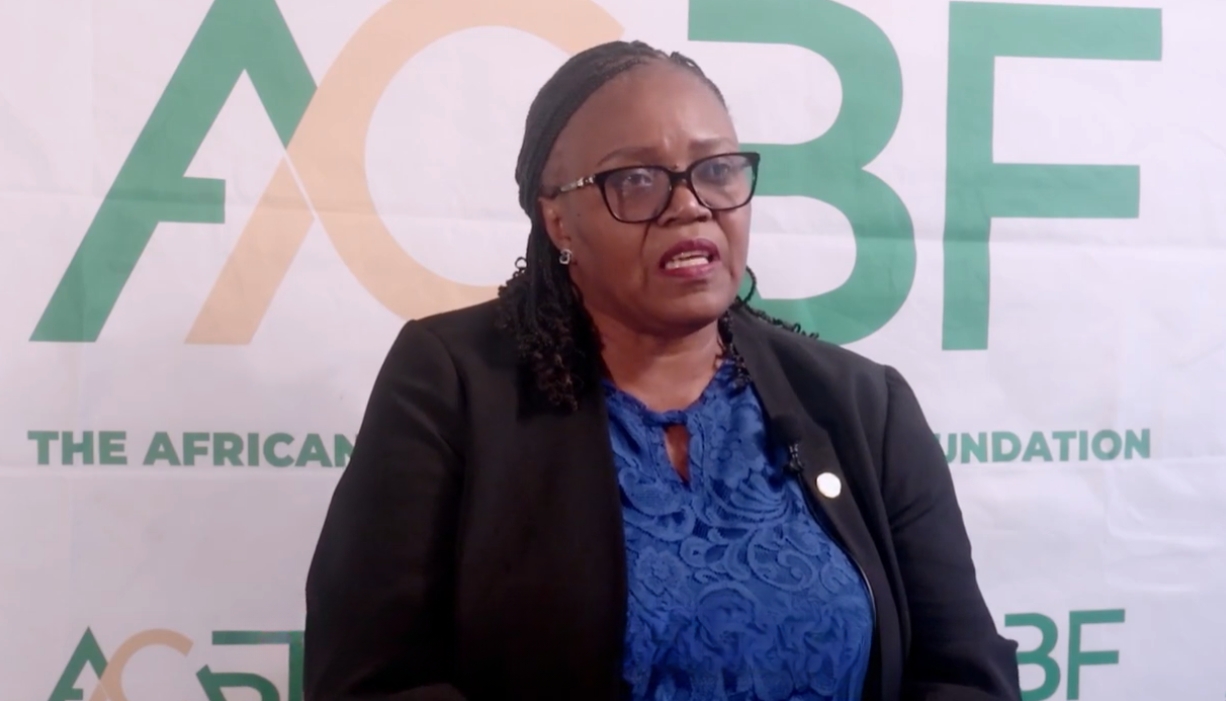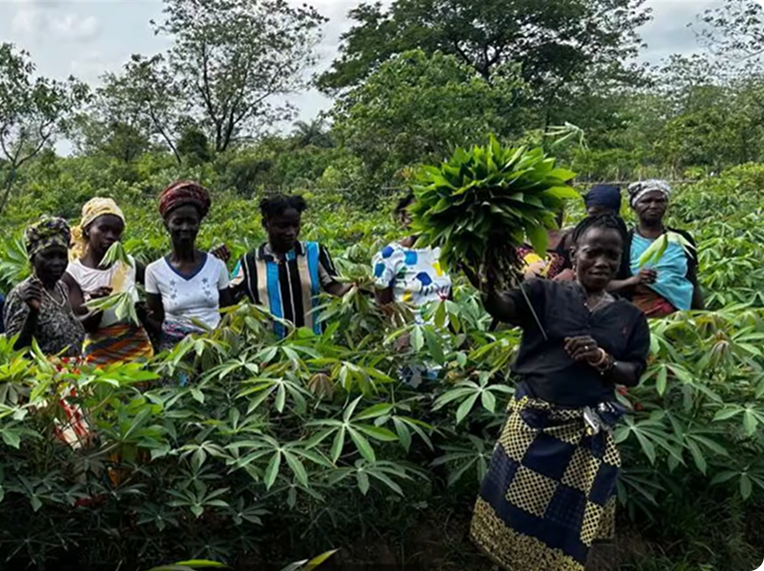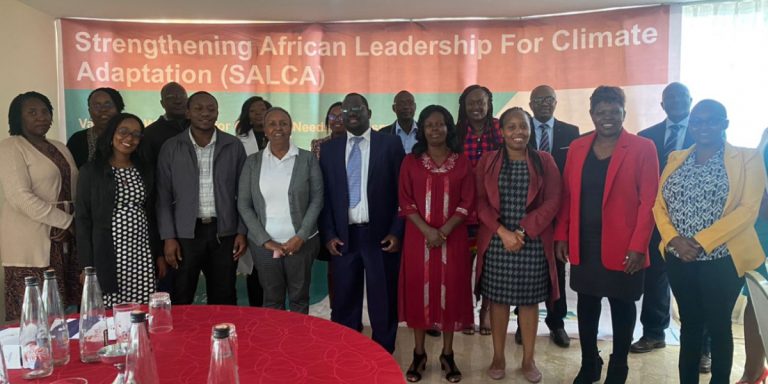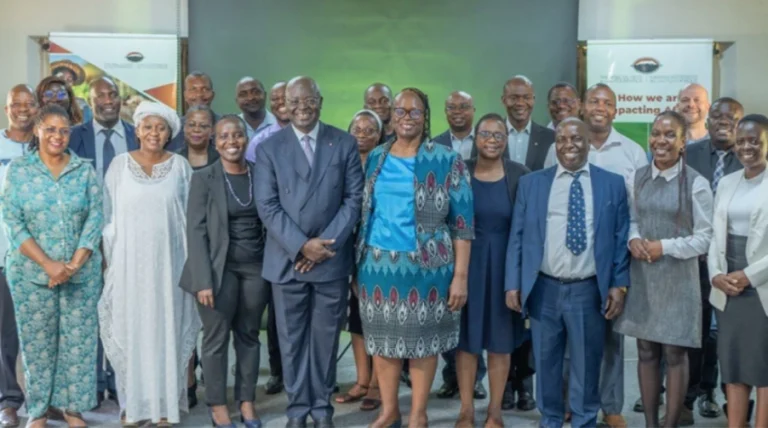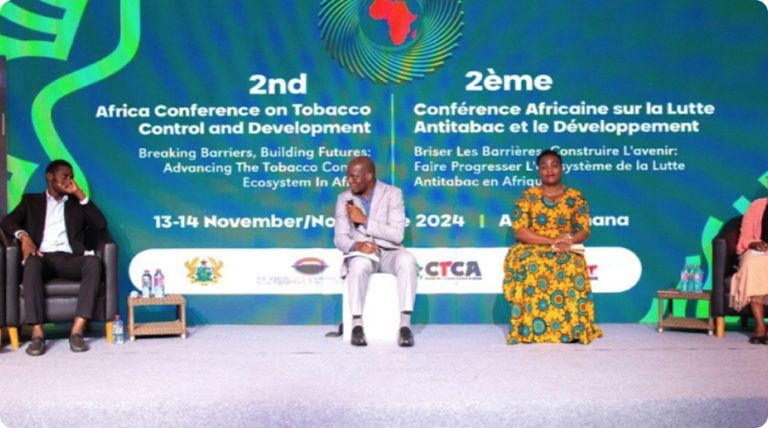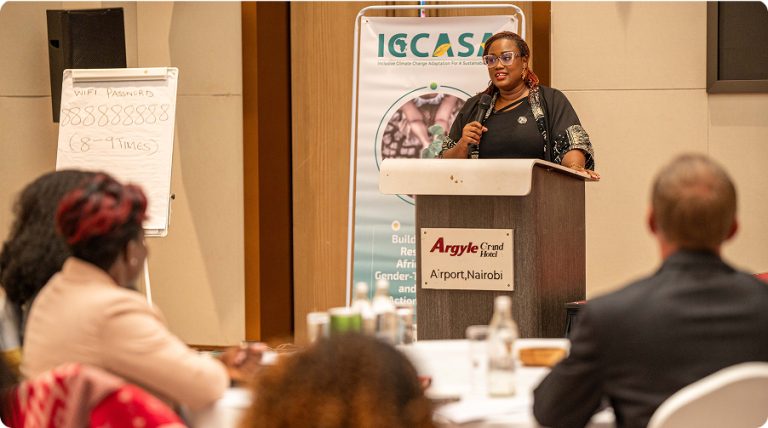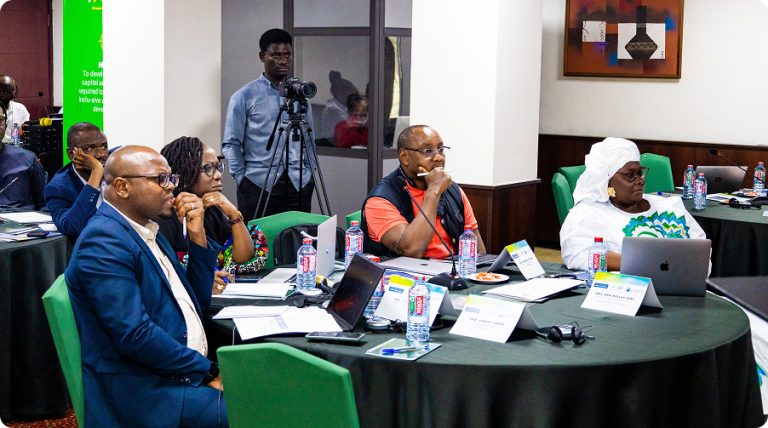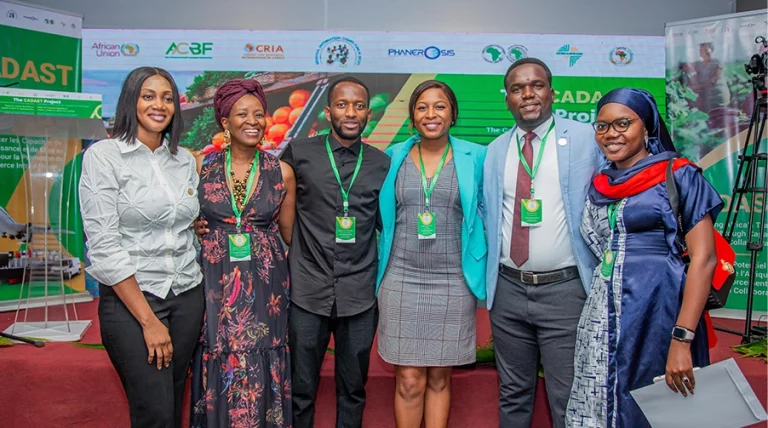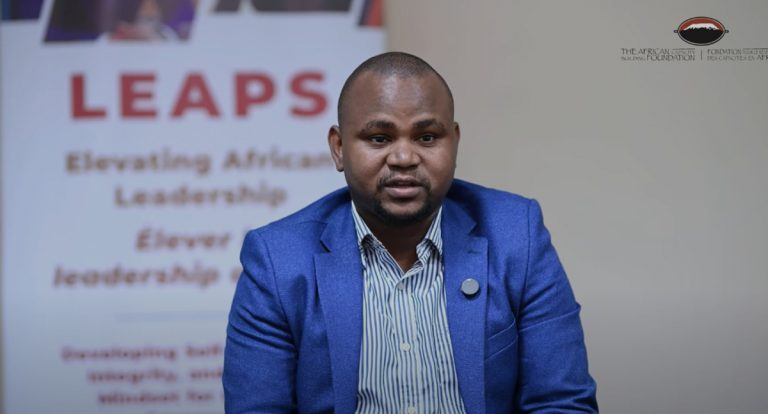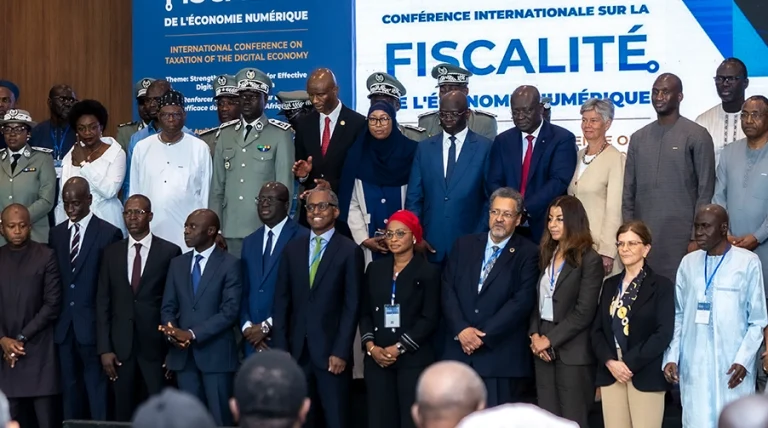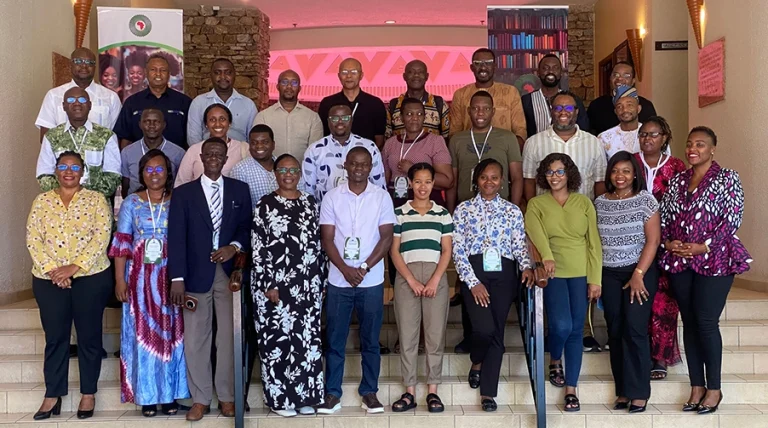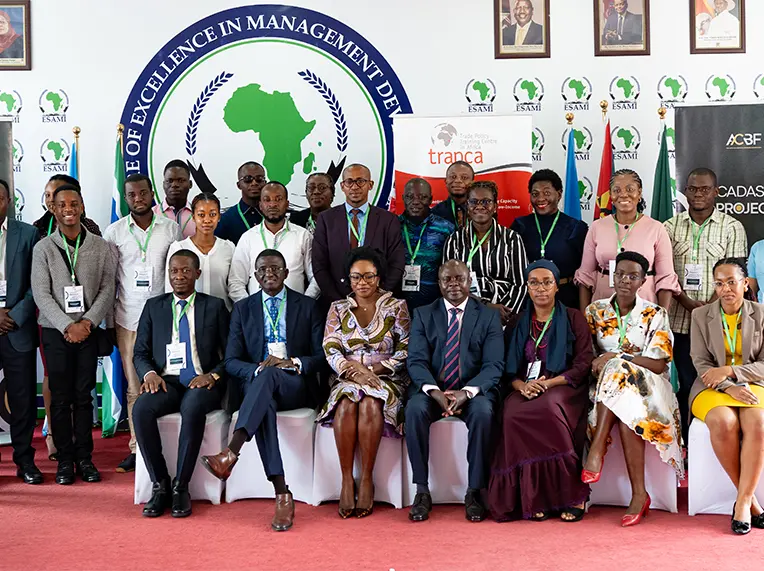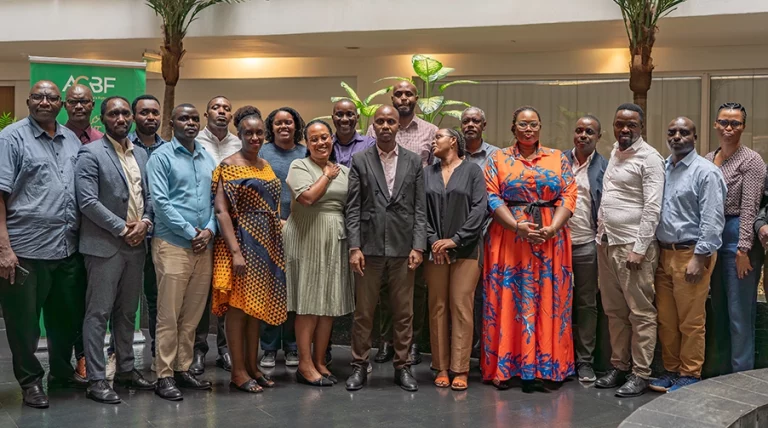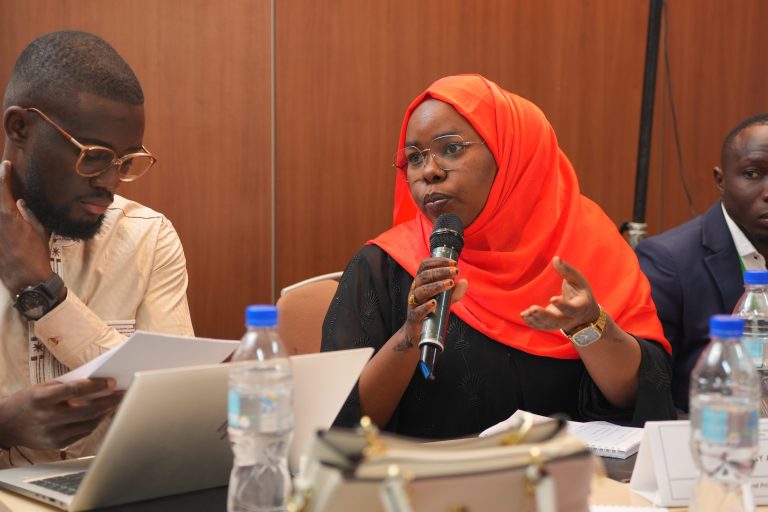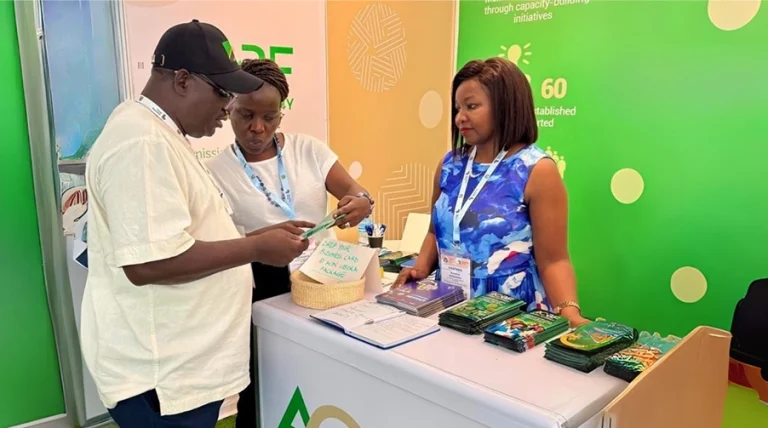Thirteen African think tanks came together in Johannesburg, South Africa, from July 16 to 18, 2025, for the Capacity Development for Structural Transformation (CADAST) Design Thinking Workshop, which provided support for policy research and trade analysis.
Convened and organized by the African Capacity Building Foundation with support from the African Development Bank, the workshop focused on discussing and validating the results of organizational capacity assessments of selected think tanks.
The aim was to strengthen their research and policy capacities so they can play a stronger role in advancing the African Continental Free Trade Area (AfCFTA).
The workshop introduced a design thinking approach that enabled participants to identify institutional gaps, generate practical solutions and explore new ways of collaborating.
With its emphasis on capacity development and peer learning, CADAST project is equipping African institutions to deliver the evidence and innovation needed to guide the continent’s policy agenda.
Think Tanks Highlight Workshop Value
Dr. Gibson Chigumira, Executive Director of the Zimbabwe Economic Policy Analysis and Research Institute (ZEPARI) highlighted the policy relevance.
As you understand, the African Continental Free Trade Area has opened a big market for African countries to benefit. And I think for them to benefit, there is also need for research to inform policies on how countries in Africa can opt to participate
Dr. Gibson Chigumira
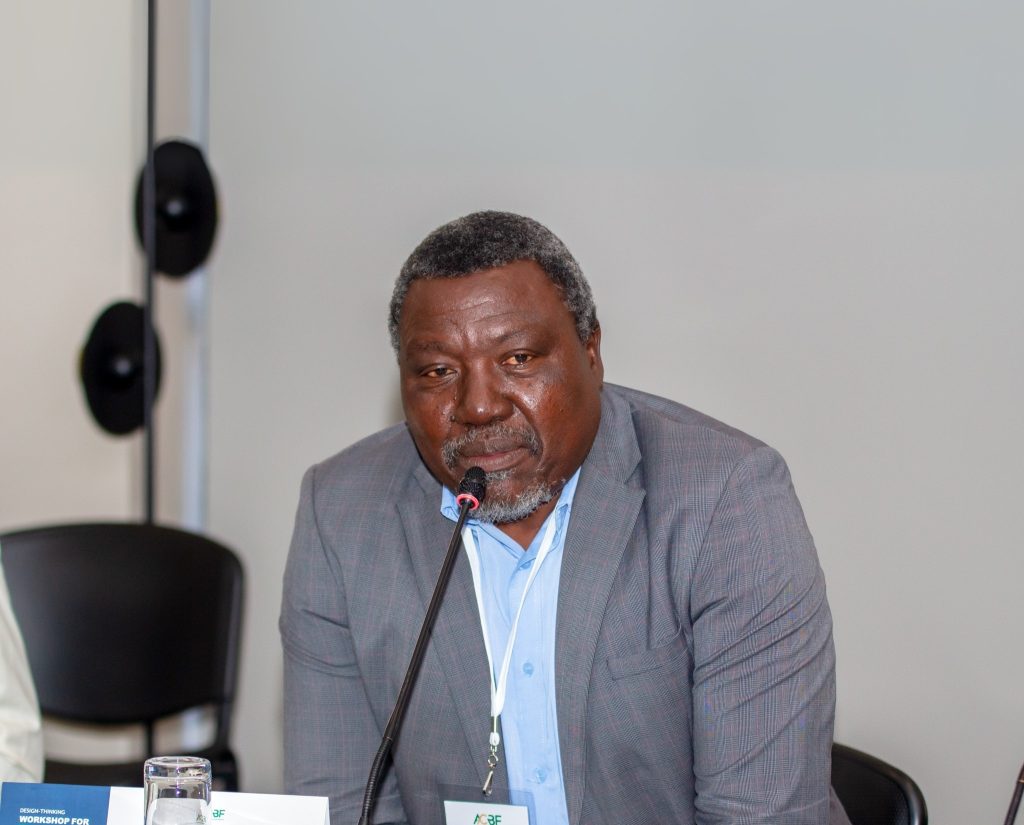
He said the workshop “opened up a number of areas that we can enhance our research and also collaborate among ourselves as think tanks to be able to inform the policy processes within AfCFTA.”
ZEPARI is an autonomous think tank established in 2003 that produces applied economic policy analysis and builds capacity to promote evidence-based policymaking in Zimbabwe.
The institute engages with government, civil society, and the private sector to ensure policies respond to national development priorities.
Dr. George Lutomia, Research Mentor, representing the Executive Director of the Kenya Institute for Public Policy Research and Analysis (KIPPRA) emphasized the knowledge exchange.
We have learned a lot about what we can do as think tanks in Africa and in our respective regions, so that eventually the outcomes and outputs can advance development for our countries and our continent.
We shall be able to disseminate not only to our countries but also through our networks so that those who may not have attended will benefit and make a difference in their countries as well.
Dr. George Lutomia
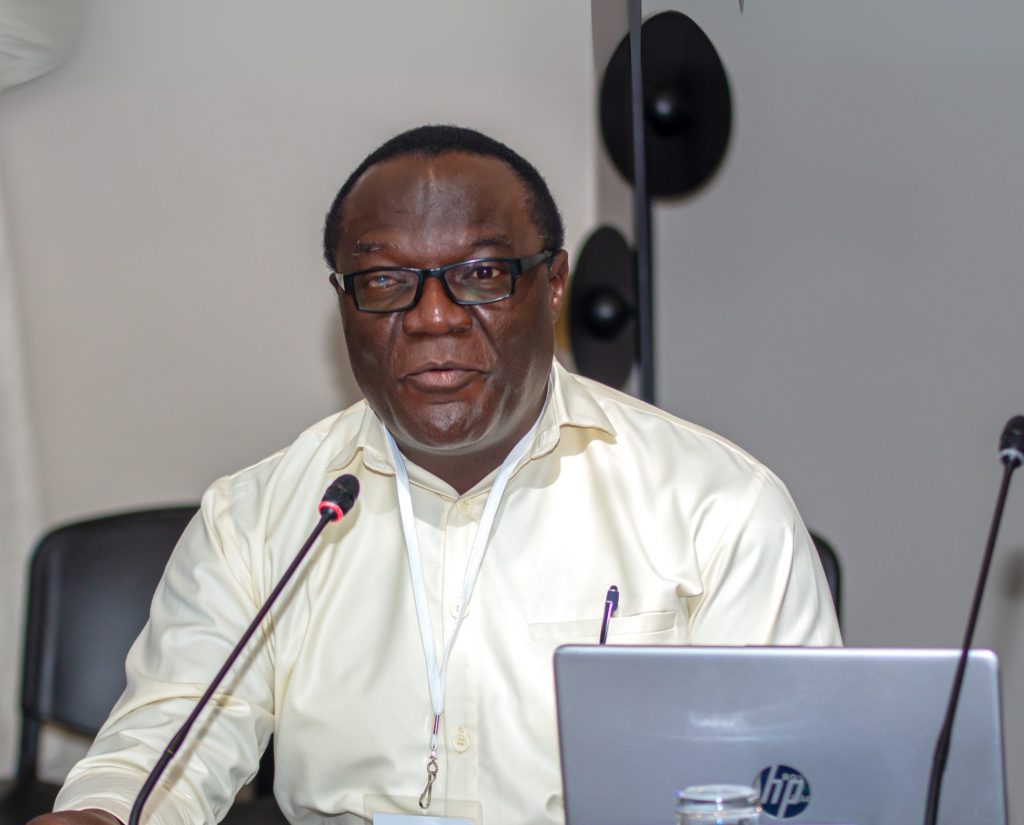
KIPPRA is a public institute established in 1997 that provides research, advisory services, and capacity building to improve public policy in Kenya.
It works with national and county governments, state corporations and other stakeholders, and is widely known for producing the Kenya Economic Report.
Prof. Fortunata Sangora Makene, Executive Director of the Economic and Social Research Foundation (ESRF) in Tanzania, highlighted the workshop’s networking value.
They undertook this analysis of think tanks to identify the areas where our capacities can be strengthened, and where targeted interventions can help ensure, these institutions truly thrive.
Beyond that, there will also be dedicated research in a domain that is vital to many of our countries—supporting the AfCFTA in delivering on its mandate.
Prof. Fortunata Sangora Makene
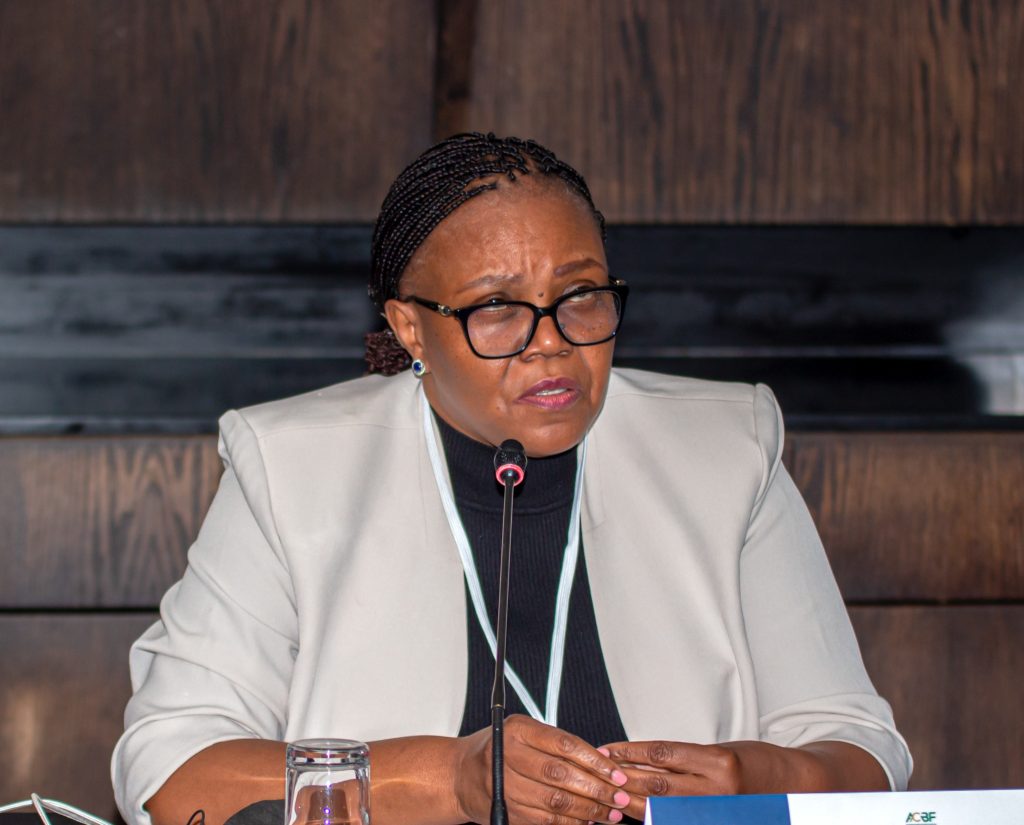
ESRF is an independent policy research Think Tank established in Tanzania for the purposes of undertaking research and providing evidence to support economic management process in Tanzania.
Founded in 1992, it works closely with government, the private sector, civil society and development partners to improve decision-making and national development outcomes.
Building Momentum for Collective Impact
The CADAST project is helping these institutions turn assessment results into concrete capacity-strengthening plans, ranging from improved dissemination of research findings to stronger policy engagement and expanded regional collaboration.
The project also builds on the ACBF’s broader support to African think tanks through initiatives such as the annual Africa Think Tank Summit.
Upcoming initiatives, including the 2025 Africa Think Tank Summit planned for 8-10 October in Addis Ababa, Ethiopia, will sustain this momentum by focusing on critical issues such as taxation, domestic resource mobilization and policy coherence, further strengthening the role of African think tanks in shaping effective policy solutions for sustainable development.
Dr. Lutomia encouraged wide participation, noting that the summit will be an opportunity “for all think tanks and partners who are keen on seeing how Africa can grow to come together and move as one team.”
Dr. Chigumira also underlined the relevance of the theme on taxation and resource mobilization, calling it essential for addressing Africa’s fiscal constraints.
Through CADAST and the partnerships driving it, African think tanks are building the knowledge, networks and policy influence needed to ensure the African Continental Free Trade Area delivers tangible benefits for the continent’s citizens.
The CADAST project addresses critical systemic challenges in macroeconomic governance, regional integration, and climate-resilient policy frameworks.
It aims to accelerate Africa’s progress toward the African Union’s Agenda 2063 and the Sustainable Development Goals by strengthening national and regional institutions through analytical tools, technical expertise, and collaborative platforms.
CADAST Design Thinking Workshop for Think Tanks
In these testimonial videos, participants shared insights on the value of the dialogue and lessons drawn from peer collaboration:

